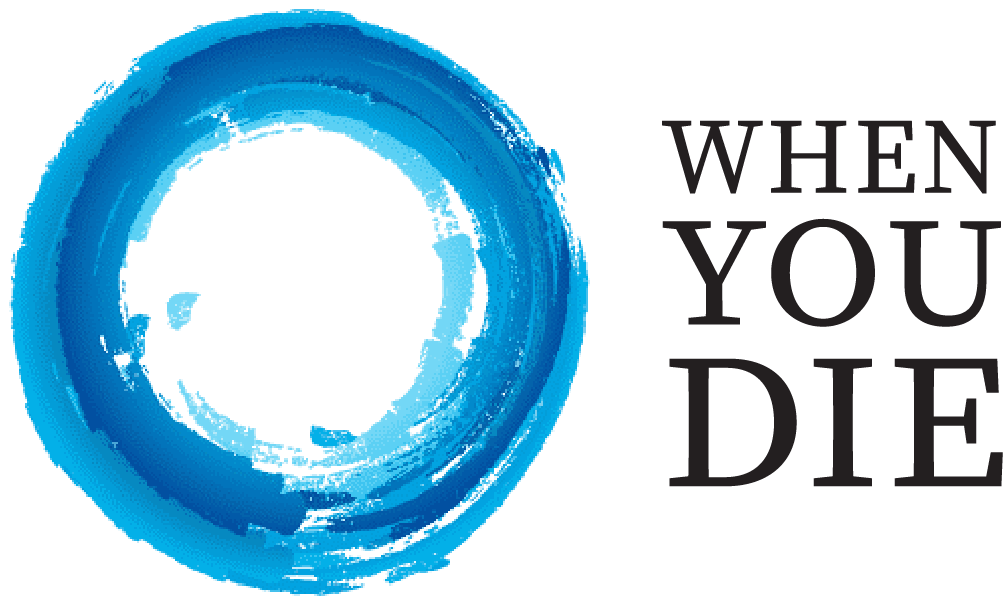Jill Schock is founder of Death Doula LA, or DDLA for short. She’s a Los Angeles native with over a decade of experience in end-of-life care. As an experienced professional, Jill acts as a navigator and advocate for the dying and their loved ones. DDLA offers a wide range of services from pre-planning to after death care and home viewing celebrations.
Jill received a master’s degree in Ethics and Theology from Vanderbilt University’s Divinity School, and was trained and certified as a Clinical Chaplain, or Spiritual Counselor. She has been featured in Wired, Goop, PureWow, Mind, Body, and Soul, and most recently in my documentary film, In the Realm of Death and Dreaming. Jill can be found at deathdoula.com.

